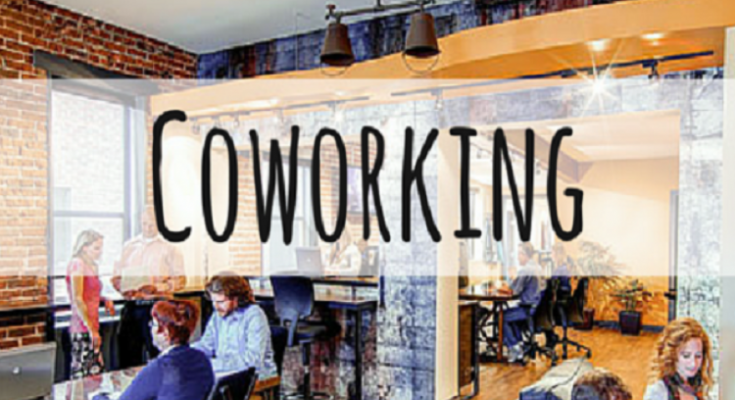Empty aisles and re-projected growth and expansion plans are the state in which most Co-working companies are in today. Co-working spaces started with much fanfare and enthusiasm in 2014. In 2019 the number of local and global players in the space increased with investors pouring in money to set up more locations and increase their stake in the fast-growing space.
With the economy in doldrums and no relief in site from the current situation of COVID-19, companies have started to downgrade their revenue projections and have shelved all plans of expansion. With most of the workforce being locked in at home, co-working spaces and the expensive of an office rental are seeming heavy on firms. The Co-working companies work on different business models – lease and sub-lease, owned and lease and revenue sharing. The biggest sector hit by the COVID-19 crisis have been start-ups. Start-ups form the bulk of the business for co-working spaces. The corporate clientele is limited at present and with offices looking to downgrade their office rentals, co-working might be the first one to take the hit.
The biggest pain for the co-working spaces is the high rentals of commercial spaces. Most of the companies are still liable to pay rents to the landlords and this pressure has caused a lot of companies to reconsider keeping many of their locations. In a few cases where landlords have agreed to provide waivers or moratoriums, the co-working spaces are yet liable to pay their own staff in this no revenue situation. Even if they are able to take loans to manage running costs, the uncertainty of the when business would revive is making it hard to predict the way forward. All these points have made it hard for coworking spaces to remain operational.
Discontinuation of service is a common refrain all co-working companies have been hearing in the last few months. Investors have also decided to write-off several investments into the co-working start-ups as they do not see any positive time of revival for the next 6 months. The smaller co-working spaces are planning to completely shut down their business whereas the larger ones are holding on to see how they would fare over the next few months.
While the situation might seem grim at the moment, co-working companies can provide various options for companies, not just start-ups and relook at their leasing and operations models. With many companies unable to bring back their entire workforce into office with the current conditions and many employees unable to handle the work-from-home situation due to lack of space and issue with internet, co-working companies can be considered the way forward. Companies can choose to move a part staff to co-working spaces and reduce the contact between employees in their own spaces.
The reinvention will take at least six months to show results, but it might be a worthwhile way to get back in the game.




